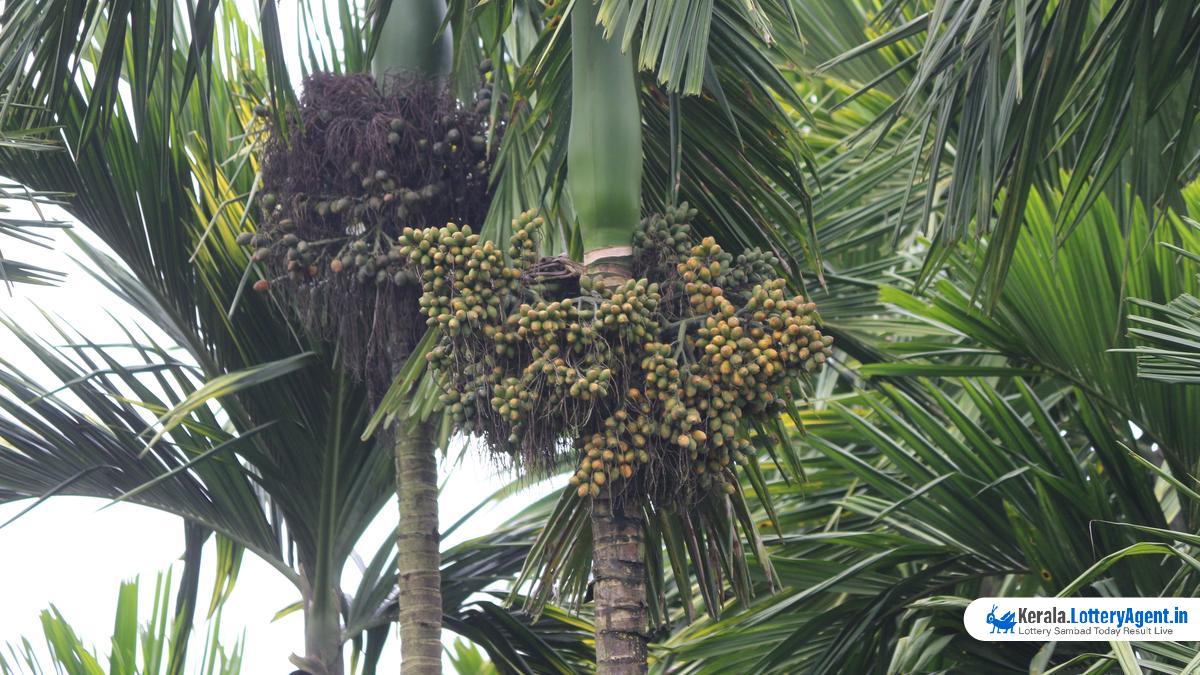
In the verdant region of Tirthahalli, a noteworthy development has stirred the arecanut industry. The arecanut grown in Tirthahalli has been recognized as the best quality areca compared to other varieties cultivated throughout Karnataka. This significant finding was the result of meticulous analysis by the Areca Research Centre at Keladi Shivappa Nayaka University of Agricultural and Horticultural Sciences, located in the progressive city of Shivamogga.
Recently, the experts from the centre organized an event with a distinct objective – to evaluate and compare arecanut varieties gathered from various locations. The attendees, a diverse group of 60 individuals, included consumers, traders, research scholars, scientists, and farmers. The varieties on display, kept anonymous and identified only by numbers, ensured a fair judgment devoid of preconceived notions.
The participants engaged in a comprehensive sensory examination – touching, tasting, and closely inspecting the nuts before completing a detailed questionnaire. This survey delved into various aspects such as appearance, texture, the experience of biting into the nut, aroma, among other sensory details. The final verdict was in favor of the Tirthahalli arecanut, grown primarily in the fertile regions of Tirthahalli, Hosanagar, Sagar, and some parts of Shivamogga taluks.
Dr. Nagaraj Adivappar, the principal investigator at the centre, pointed out that the preference for Tirthahalli’s arecanut wasn’t just random chance. Multiple factors contribute to its superiority. “Tirthahalli is a traditionally areca growing area,” Dr. Adivappar noted. Farmers here generally own small plantations of two to five acres, but the arecanut that they cultivate is of remarkable quality. The local climate greatly enhances the value of the produce, a uniqueness that would likely be lost if the crop were transplanted to another region.
Furthermore, opinions of 80 dedicated farmers who cultivate the Tirthahalli variety were also sought. They staunchly rated their produce as superior and suitable for producing high-grade arecanuts. Following the harvest, the kernels are meticulously processed – husked, boiled with areca precipitates, and then dried. Subsequently, the arecanuts undergo grading into categories like Nuli, Hasa, Rashi, Bette, and Gorabalu, reflective of their marketplace value. The Tirthahalli farmers reap the benefits with Nuli and Hasa varieties, which command higher prices.
On the economic front, the impact of Tirthahalli’s arecanuts is quite tangible. In the Shivamogga market, as of April 29, Hasa nuts attract an average price of ₹69,600 per quintal. In stark contrast, Rashi varieties fetch ₹50,159 per quintal, with the peak price of Hasa nuts soaring to a remarkable ₹80,800.
Complementing the sensory and market value assessments, the centre’s scientists did not neglect the chemical composition of the arecanuts. Dr. Adivappar revealed that while chemical analyses were conducted on commonly available varieties, differences were minor. Nevertheless, it’s interesting to note that the arecoline content – a significant alkaloid component in arecanuts – of the Tirthahalli variety is moderate.
The findings of the study are more than just academically interesting; they have real-world implications for the Karnataka’s economy, business, and the future of areca-related agriculture and research. As farmers and scientists continue to delve into the intricacies of arecanut cultivation, the recognition of Tirthahalli’s areca as a prime variety alludes to the promise of agricultural advancement and prosperity. With science and tradition bridging to yield fruitful outcomes, Tirthahalli’s areca stands as a testament to Karnataka’s rich agricultural legacy and potential for sustained agro-economic success.












